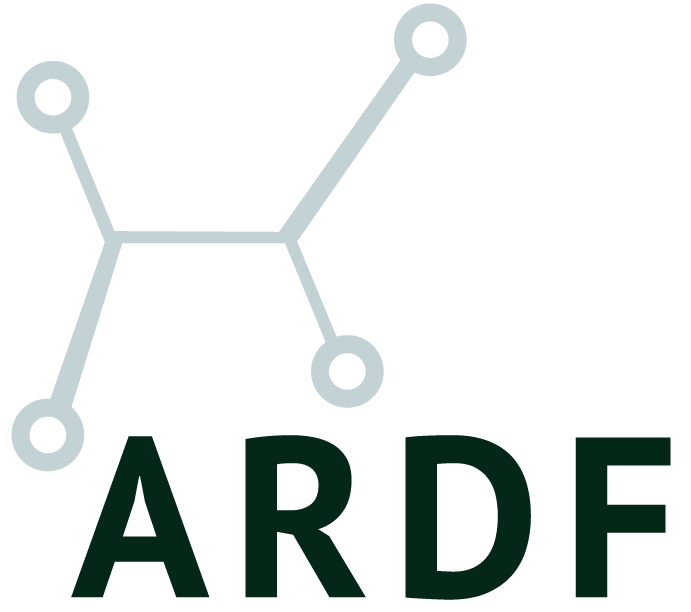Foundation Announces Grants to Develop Alternatives
Non-Animal Methods for COVID-19 Research, Drug Testing, and More
Jenkintown—The Alternatives Research & Development Foundation (ARDF) is proud to announce the 2020 awardees of its Annual Open Grant Program, funding innovative alternative methods that reduce or replace animal use in research and testing. This year’s awards total nearly $280,000 for seven projects that span a broad range of scientific areas."We're especially excited about the work being done by this year's grant recipients because it is very high-quality science, addressing diverse and important biomedical issues like COVID-19 infection," said Sue Leary, President of ARDF. "These projects will develop innovative biotechnology with the potential for broader application. We are happy to provide the resources to scientists who need this kind of support to take their ideas forward, benefiting animals and enhancing human health.”
Two of the grant projects address aspects of the COVID-19 pandemic. Dr. Darcy Wagner at Lund University will refine methods for using explanted human lung tissue for studying lung disease and testing potential treatments, and Dr. Rudy Richardson at the University of Michigan will perform in silico modeling to discover drug targets for SARS-CoV-2. The potential impacts of these projects for advancing human health couldn’t be more immediate.
Other projects focus on developing animal-free, more human-relevant models of commonly studied tissues. Dr. Mark Skylar-Scott at Stanford University will lead a project to bio-fabricate microvascularized human cardiac tissue for use in drug screening. Dr. Joel Boerckel and colleagues at the University of Pennsylvania will develop an in vitro model of endochondral ossification, to give researchers a better understanding of the fundamental cellular processes of bone formation. Dr. Vincenzino Cirulli and Dr. Laura Crisa at the University of Washington will develop a microfluidic in vitro system that replaces mice in testing the ability of stem cells to differentiate into different tissue types. Dr. Cihangir Duy at the Fox Chase Cancer Center will refine an in vitro system for screening drugs against acute myeloid leukemia that will eliminate the need for animal-derived products as part of the testing process. Finally, Dr. Nigel Yarlett at Pace University will use hollow fiber biotechnology to develop an animal-free system to culture Toxoplasma gondii, the study of which currently requires the use of animals.
These awards further expand ARDF’s diverse funding portfolio that is focused on replacing and reducing the use of animals in research, testing, and education. By supporting the development of alternative, animal-free models, ARDF continues to advance both animal welfare and human health.
The Alternatives Research & Development Foundation’s mission is to fund and promote the development, validation, and adoption of non-animal methods in biomedical research, product testing, and education. ARDF has awarded over $3.75 million in grants to researchers developing alternative test methods at major universities across the U.S., and sponsors scientific meetings such as the World Congresses on Alternatives and Animal Use in the Life Sciences.



